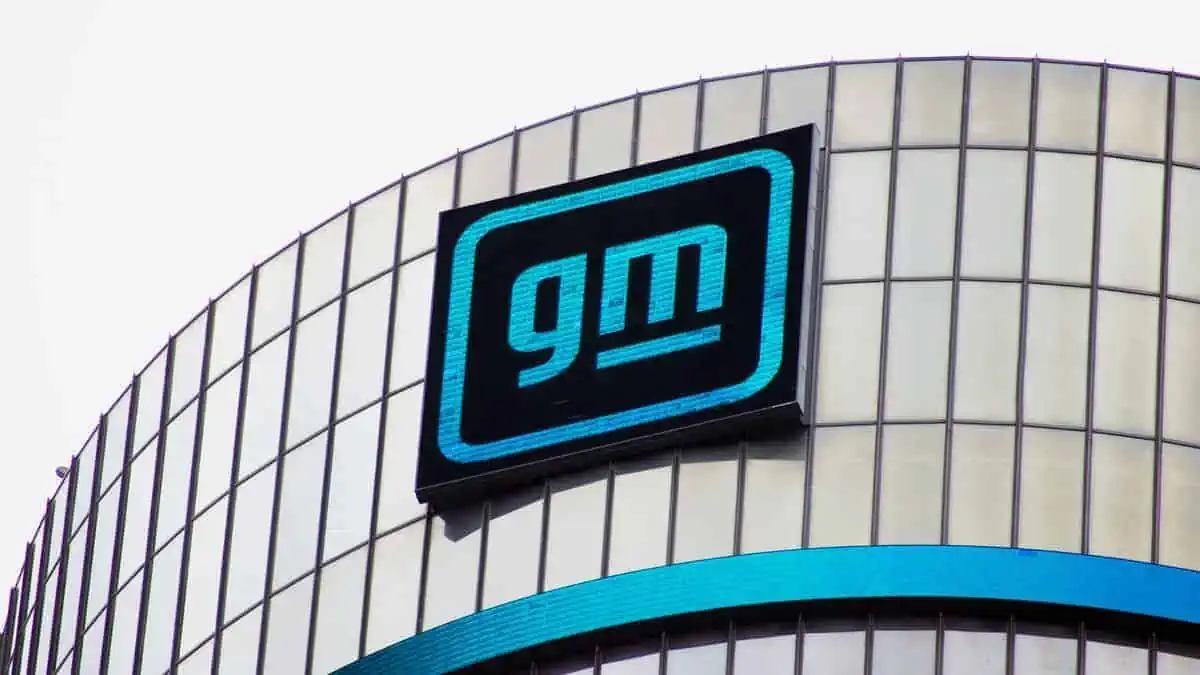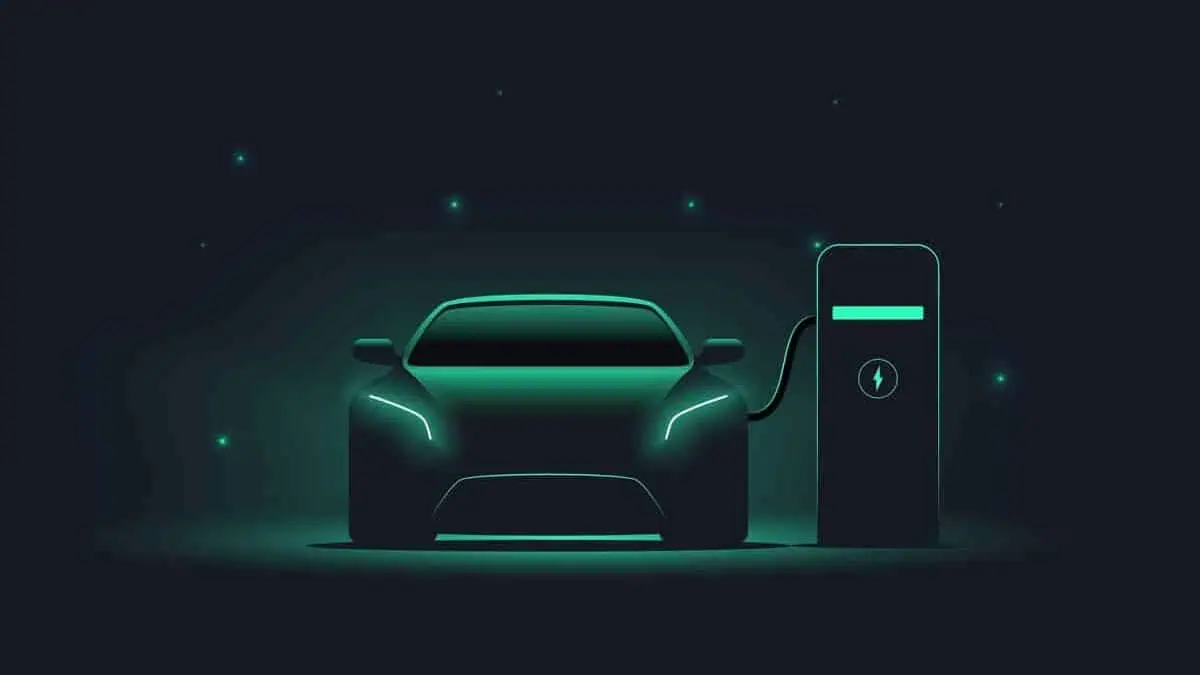According to reports, General Motors plans to switch from pouch to round cells in upcoming electric vehicles. The transition in cell format is also why GM and LG Energy Solution appear to have dismissed their plan to build a fourth joint US battery cell plant.
GM has previously used LGES pouch cells, but upcoming electric car platforms will support round cells. As a result, General Motors will likely use the 4680 formats (46 millimeters in diameter, 80 millimeters in height) pioneered by Tesla in the future.
According to the portal, there are also signs that General Motors and LG Energy Solution’s plans for a fourth US cell plant were canceled for the same reason.
According to media reports, GM could instead construct the scheduled plant in Indiana with a new partner. However, neither GM nor LGES have confirmed this. When asked, GM stated that it had clarified its strategies, including investing in a fourth US cell factory but did not wish to comment on rumors.
LG and GM partnership
LG Energy Solution, for its part, said that discussions about a fourth plant for the Ultium Cells battery cell partnership with GM are continuing, “but no decision has been made yet.”
GM is not the only company changing the cell type: BMW has confirmed the use of round cells in its ‘New Class’ electric vehicles beginning in 2025, with a uniform diameter of 46 millimeters and two distinct heights. According to TheElec, other car makers such as Volvo and Stellantis are also planning to use this battery.
Tesla can supply 1,000 vehicles per week with 4680 battery cells
Tesla only recently announced that it would be able to provide around 1,000 cars per week with its new 4680 battery cells. The Californian company, for example, is placing their 4680 round cells in the Model Y, which is being built in Giga, Texas.
Model Y variants with conventional battery packs and 2170 cells will continue to be built in Austin alongside the model with the 4680-based structural battery pack, as 4680 production is insufficient to fill the vehicle production line.
The Tesla Semi electric truck and the forthcoming Roadster 2 will also use the 4680 cells. As a result, how quickly Tesla can ramp up its own 4680 productions will be critical for the production of these models.
The 4680 cells will also be sourced from suppliers, but when this happens, large quantities are still being determined. Panasonic, Tesla’s battery partner, manufactures 4680 cells on a pilot line in Japan. Still, series production will take place in North America – presumably at a new plant in Kansas that will open in March 2025.






